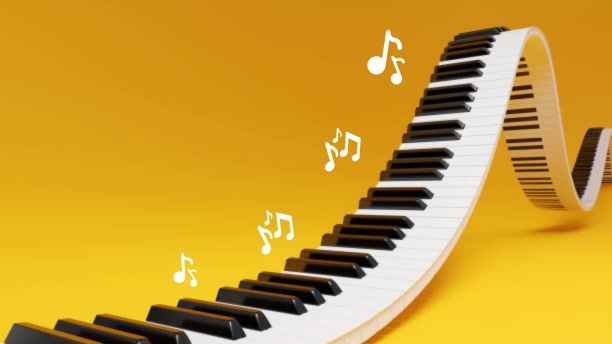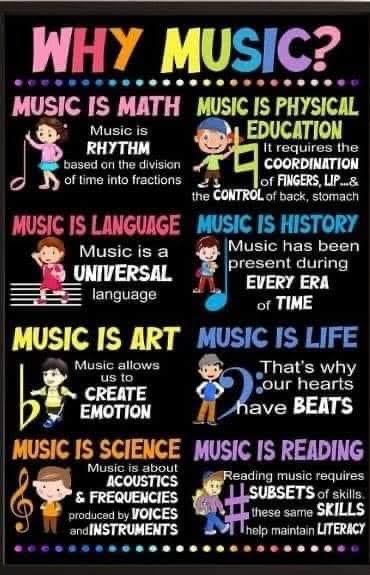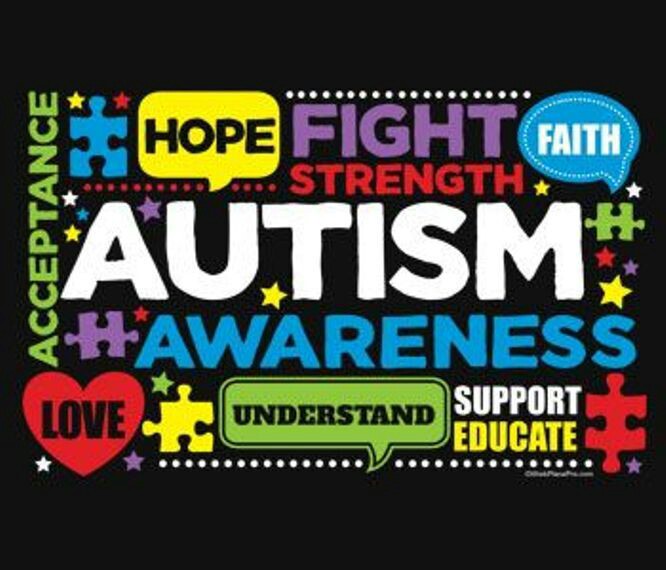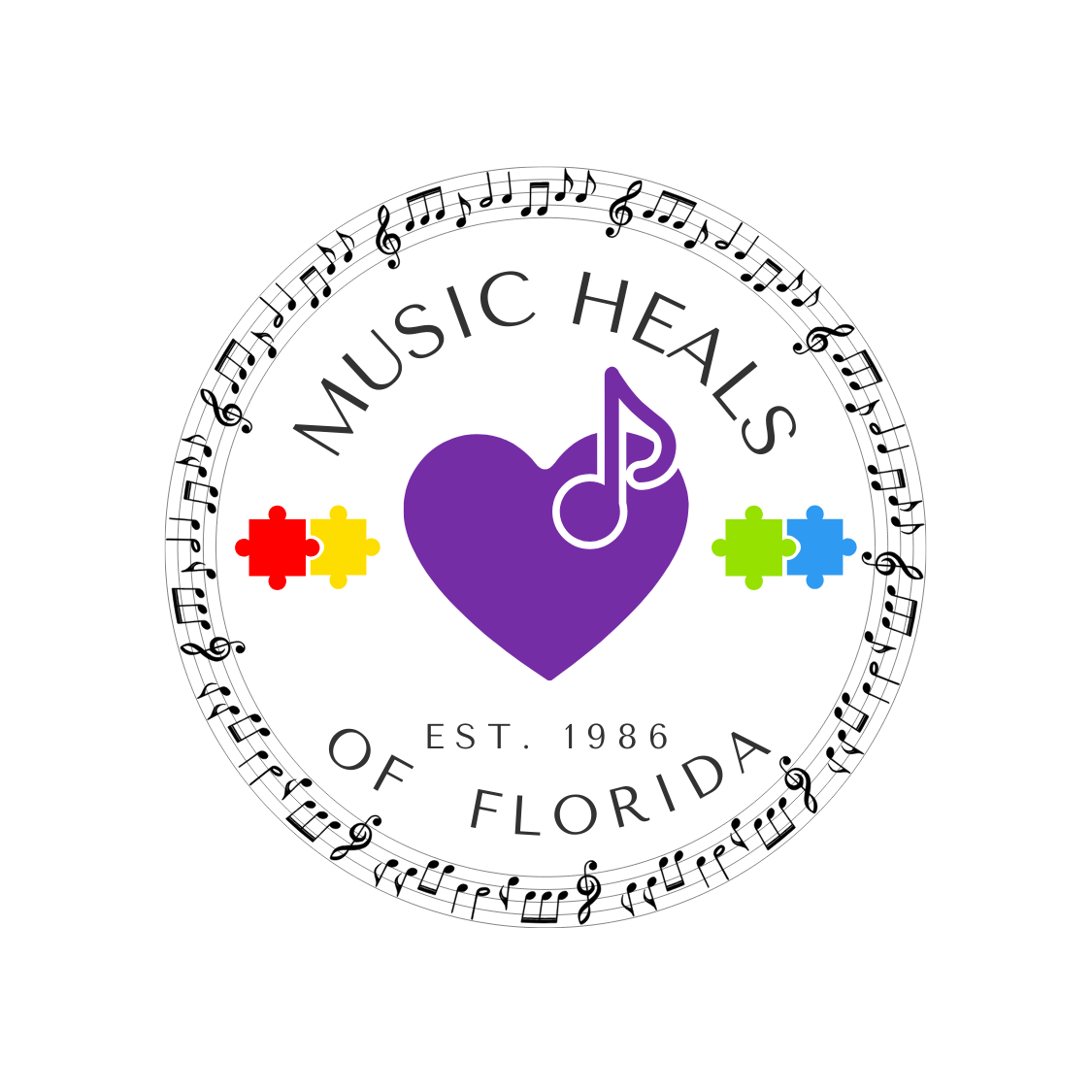Private schools for Neurodiverse Learners

Social Skills Development
Participating in music therapy sessions promotes teamwork, cooperation, and communication, which are essential life skills that can benefit students in both their academic and personal lives.
Emotional Regulation
Music therapy assists students who attend private schools for neurodiverse learners in the development of emotional regulation skills, confidence, improving focus, & opportunities for success-oriented experiences, thereby enabling them to manage stress/anxiety, and other emotions effectively.
Enhances Creativity
Music therapy fosters creativity, encouraging students to think outside the box and develop problem-solving skills, which are valuable for various aspects of their education.
Improved Academic Performance
Music IS Math, Reading, Science, Language Arts, Physical Education and LIFE itself. Numerous research studies confirm that music interventions, facilitated by a skilled Music Therapist and/or Music Educator enhance brain function, thereby improving cognitive abilities. This leads to improved academic performance in Math, Science and Language Arts.
Enhanced Brain Development
Music therapy can introduce students to potential career paths in the music and therapy industries, broadening their horizons and encouraging future career exploration.

Stress Reduction
Music therapy can serve as a stress-relief mechanism for students, allowing them to unwind and refocus, which may ultimately improve their ability to concentrate on their studies.
Cultural Awareness
Exposure to a variety of musical styles and traditions through music therapy can promote cultural awareness and sensitivity among students. Overall Enrichment: Music therapy adds an enriching dimension to the curriculum, promoting holistic development and enhancing the overall educational experience for students in private schools.
Inclusivity and Diversity
Music therapy can accommodate diverse learning styles and abilities, making it an inclusive approach that caters to the needs of all students.

Emotional Expression
Through music, students can express themselves in ways that might be challenging through words alone, offering a valuable outlet for self-expression.
Cultivation of Lifetime Skills
Aquiring a love of music can equip students with skills which can potentially become a lifelong hobby or a profession, either in the field of Music itself, or a field that values the skills that are necessary to become a skilled musician – multi-tasking, flexibility, creativity, discipline, physical stamina, and patience.
Improved Well-Being
Whether singing alone or in a chorus, playing a musical instrument alone or with a school band, dancing alone or with a dance ensemble, numerous scientific & medical research studies have linked music to improved mental health, reduced symptoms of depression, and enhanced overall well-being, which can positively impact a student’s academic success.
Positive School Culture
Incorporating music therapy into private schools can contribute to a positive and enriching school culture, fostering a sense of community and unity among students.
Non-verbal Communication Skills
Research suggests that music therapy can stimulate brain development, particularly in areas related to memory, attention, and problem-solving, which can be advantageous in their academic pursuits.
Music therapy helps students develop non-verbal communication skills, which can be invaluable in various social and professional situations.
